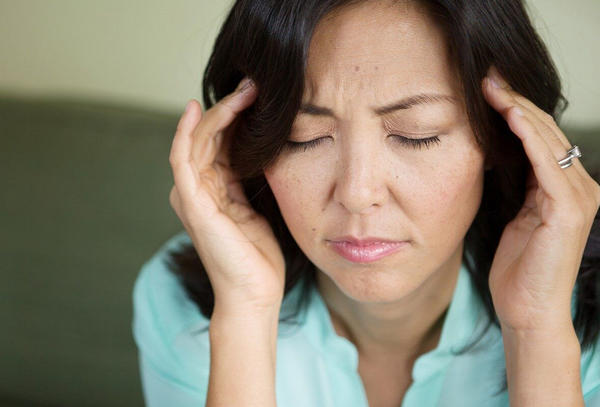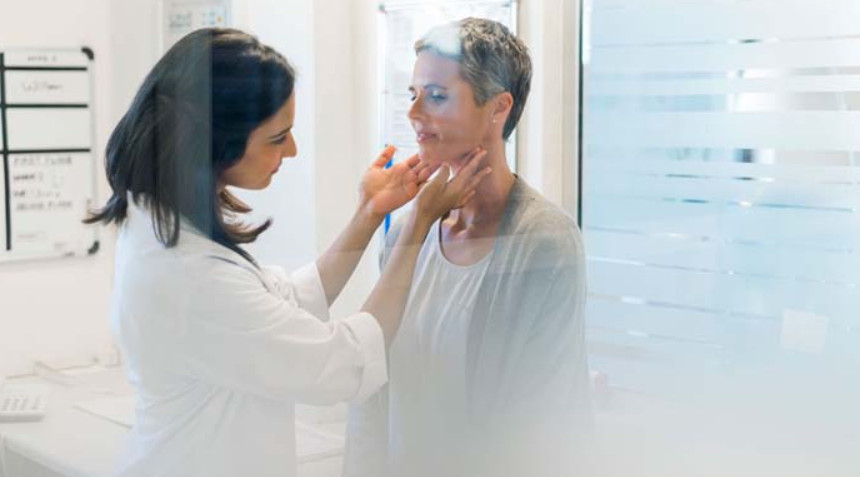Headaches are a common ailment that affects a large portion of the population. While over-the-counter medications can be effective in treating headaches, some individuals may prefer to try home remedies before resorting to medication. In this article, we will discuss some home remedies for headaches that can be tried before taking medication.
3 Natural Headache Cures :
- Hydration
One of the simplest and most effective home remedies for headaches is hydration. Dehydration can cause headaches or make them worse, so drinking plenty of water can help alleviate headache symptoms. Aim to drink at least 8-10 glasses of water per day and increase your intake during hot weather or after exercise.
- Heat and Cold Therapy
Applying heat or cold to the affected area can also help alleviate headache symptoms. Place a cold compress or ice pack on the forehead or temples to help reduce inflammation and numb pain. Alternatively, a warm compress or heating pad can help relax tense muscles in the neck and shoulders that can contribute to headaches.

- Essential Oils
Aromatherapy using essential oils is another popular home remedy for headaches. Peppermint oil has a cooling effect and can help alleviate tension headaches, while lavender oil can help promote relaxation and relieve stress-related headaches. To use essential oils, place a few drops on a cotton ball and inhale deeply or dilute the oil in a carrier oil and massage onto the temples or neck.
- Caffeine
Caffeine can help relieve headaches by constricting blood vessels and reducing inflammation. However, it is important to note that caffeine can also cause headaches in some individuals, so it is best to use in moderation. Drinking a cup of coffee or tea or taking a caffeine-containing medication can help alleviate headache symptoms.
- Massage
Massaging the temples, neck, and shoulders can also help relieve tension headaches. Use gentle circular motions and apply pressure to any areas that feel sore or tight. Massaging the scalp can also help increase blood flow to the head and relieve headaches.
It is also worth noting that some lifestyle changes can help reduce the frequency and severity of headaches. These include:
- Regular Exercise
Regular exercise can help reduce the frequency and intensity of headaches by improving blood flow and reducing stress. Aim for at least 30 minutes of moderate-intensity exercise, such as brisk walking or cycling, most days of the week.
- Stress Reduction Techniques
Stress is a common trigger for headaches, so it is important to find ways to manage stress. Techniques such as meditation, deep breathing, yoga, or tai chi can help reduce stress and tension.
- Healthy Diet
Eating a healthy, balanced diet can also help reduce the frequency and severity of headaches. Avoid skipping meals, and try to eat regular meals that include plenty of fruits, vegetables, and whole grains. Limit your intake of processed foods and sugary drinks.
- Sleep
Getting enough sleep is important for overall health and can also help reduce the frequency of headaches. Aim for at least 7-8 hours of sleep per night, and try to establish a regular sleep routine by going to bed and waking up at the same time each day.
While home remedies can be effective for treating mild headaches, it is important to seek medical advice if headaches are severe, frequent, or accompanied by other symptoms such as fever, vomiting, or confusion. These may be signs of a more serious condition that requires medical attention.
In summary, home remedies can be an effective way to alleviate headache symptoms before resorting to medication. Hydration, heat and cold therapy, essential oils, caffeine, and massage are all simple and effective home remedies for headaches. Making lifestyle changes such as regular exercise, stress reduction techniques, a healthy diet, and getting enough sleep can also help reduce the frequency and severity of headaches. However, if headaches persist or become severe, it is important to seek medical advice.


